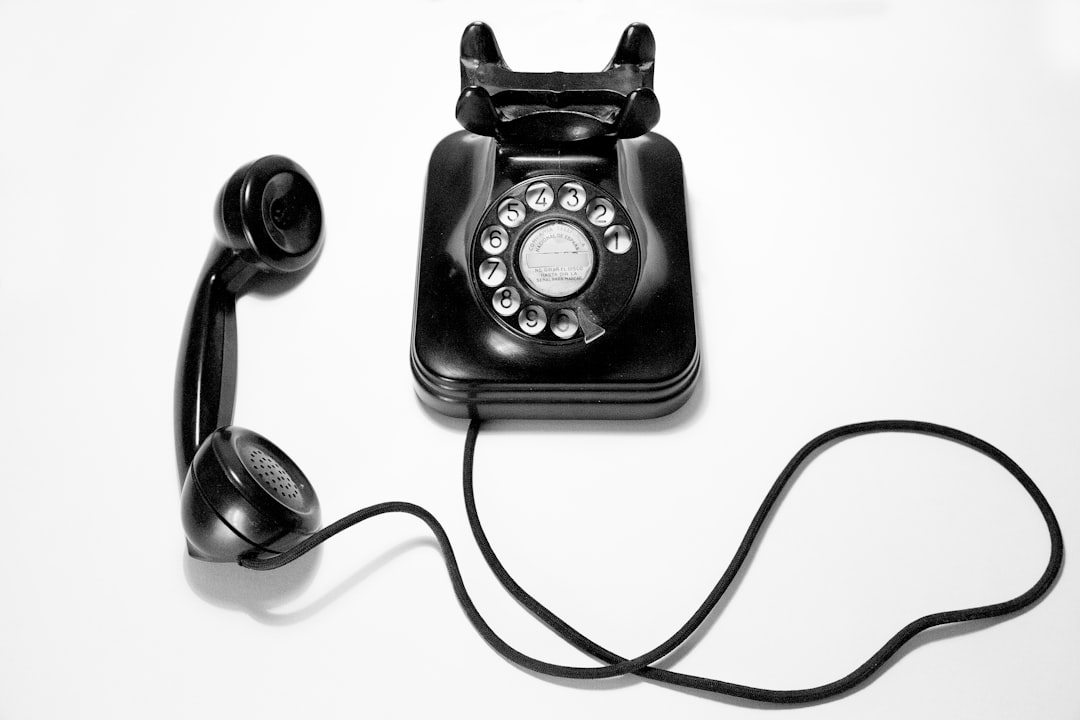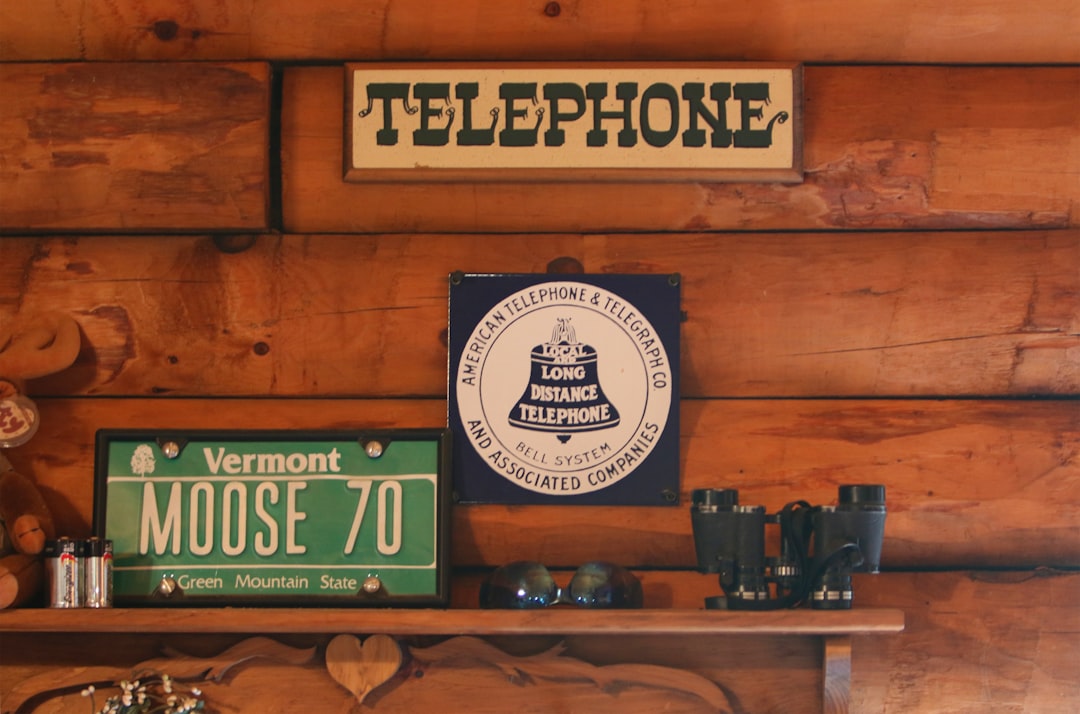Montana residents can combat unwanted telemarketing calls by registering on the National Do Not Call Registry and utilizing state laws. They should be wary of scams impersonating legitimate businesses or government agencies, and document spam calls for reporting. By staying calm, verifying callers, and refusing engagement, individuals protect their rights under Do Not Call Laws Montana. Legal assistance from Do Not Call Lawyers or Attorneys, along with specialized Spam Call law firms, ensures compliance and protection against financial losses due to fraudulent activities. Preventative measures include limiting personal information online and retaining legal guidance for robust protection.
Tired of relentless telemarketer calls? Helena’s guide is your shield against scams. Understanding Montana’s robust Do Not Call Laws and knowing how to identify fraudulent tactics can empower you. This comprehensive article equips Montanan residents with the knowledge to protect their privacy, using tools like Do Not Call Lawyers and Spam Call law firms in Montana. Learn a step-by-step process for reporting scams and discover prevention tips to silence unwanted calls once and for all.
Understanding Do Not Call Laws in Montana: Your Rights and Protections
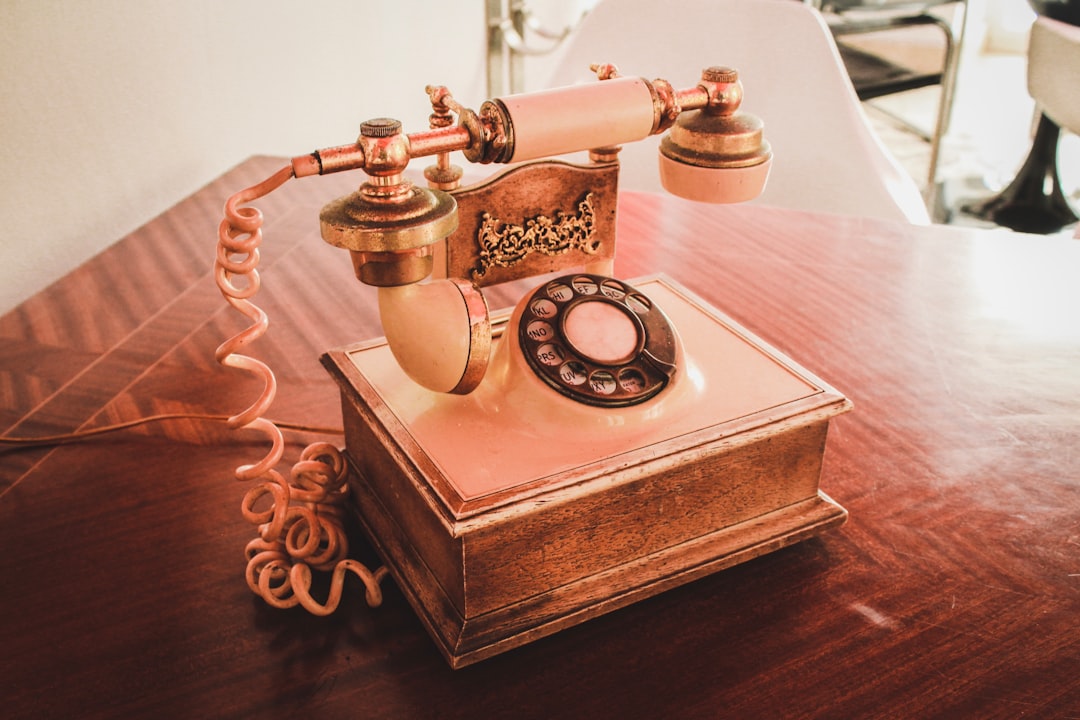
In Montana, understanding and leveraging Do Not Call laws is crucial for residents looking to curb unwanted telemarketing calls. The state has implemented robust regulations to protect consumers from intrusive and nuisance calls, granting them the right to opt-out of such communications. These laws are primarily enforced by the Montana Attorney General’s Office, which works diligently to ensure compliance across industries.
Montana residents have the legal backing to register their numbers on national Do Not Call lists and can also seek assistance from a Do Not Call Lawyer or Attorney if they face persistent spam calls. If businesses fail to respect these boundaries, individuals may file complaints with the Attorney General’s Office or consult specialized Do Not Call Law Firms in Montana for legal action and protection under the state’s Spam Call laws.
Identifying Scam Calls: Common Telemarketer Tactics and Red Flags

Identifying scam calls is an essential step in protecting yourself from unscrupulous telemarketers. Many scammers use deceptive tactics to lure victims, often impersonating legitimate businesses or government agencies. Red flags include unexpected calls from unknown numbers, pressure to make immediate decisions, demands for personal or financial information, and offers that sound too good to be true. Scammers may also claim to represent organizations like the Do Not Call Lawyer Montana or Do Not Call Attorney Montana, using these familiar names to gain your trust.
Be wary of calls claiming to represent law firms or legal organizations with names similar to reputable ones, such as a “Spam Call Law Firm Montana.” They might threaten legal action or offer bogus solutions to common problems, urging you to act quickly. Remember that reputable professionals will never demand immediate payment or threaten consequences over the phone. Understanding these common tactics can help you recognize and avoid potential scams, ensuring your personal information remains secure under Do Not Call Laws Montana.
What to Do When You Receive an Unwanted Call: A Step-by-Step Guide
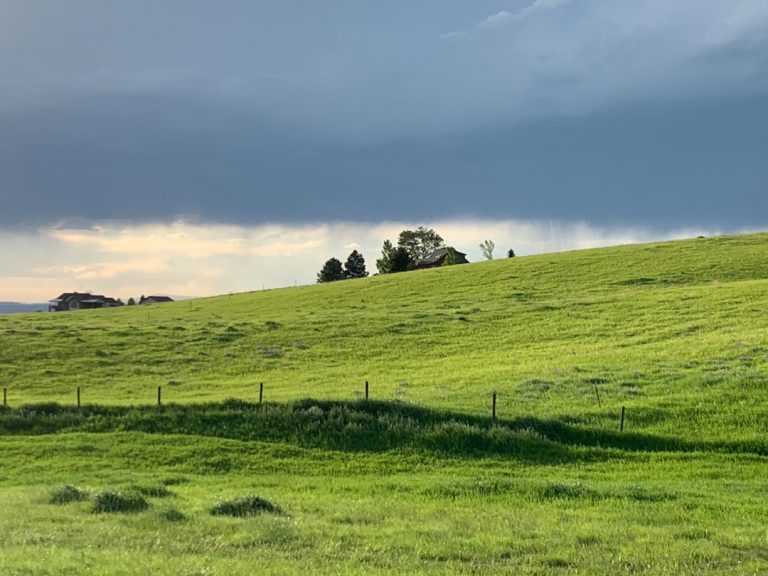
When you receive an unwanted call from a telemarketer, don’t panic; instead, take control and follow a structured approach to handle the situation effectively. Start by identifying the caller using tools like the Do Not Call Lawyer Montana or similar state-specific resources. If it’s a spam call, document the details: date, time, and the company or individual’s name if known. This information is crucial for future reference and reporting.
Next, assertively refuse to engage with the caller by stating firmly, “I’m not interested in your offer/product” and politely ask them to stop calling. If they persist, you can register your number with the National Do Not Call Registry or file a complaint with your state’s Attorney General’s office and a reputable Do Not Call law firm Montana to ensure your rights are protected under the Do Not Call Laws Montana. Remember, knowing your rights is half the battle won!
Reporting Scams: Contacting the Right Authorities and Legal Resources
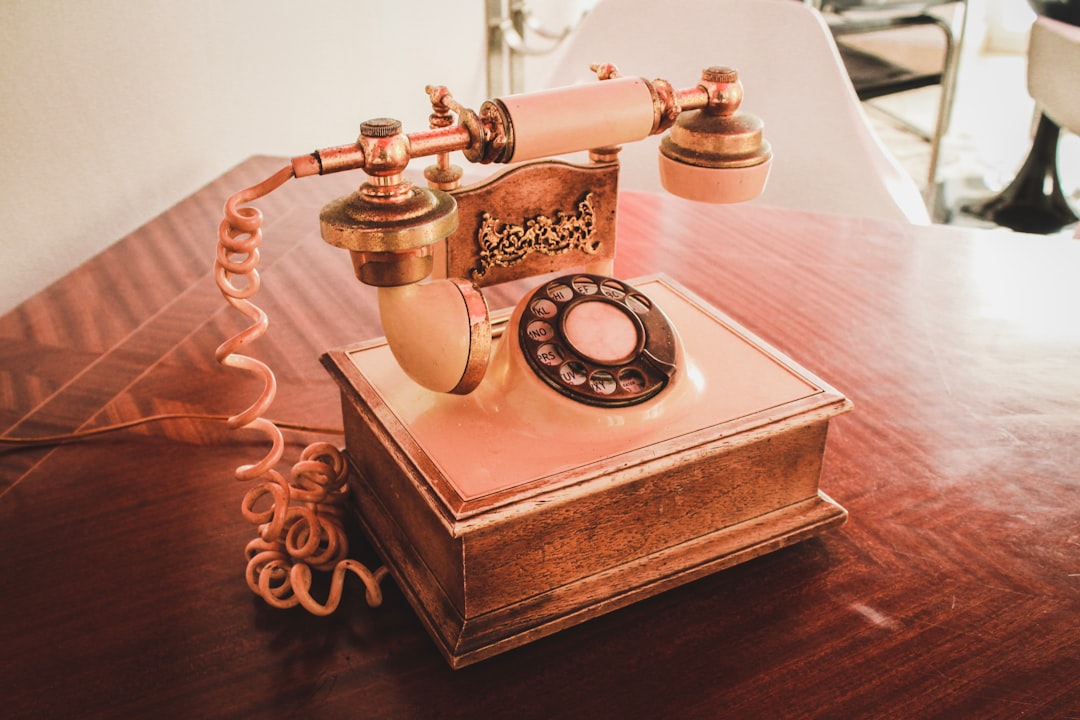
When it comes to reporting scams from telemarketers, knowing the right authorities and legal resources to contact is crucial. In Montana, the Do Not Call Laws are enforced by state agencies dedicated to protecting consumers from unwanted telephone solicitations. If you’ve received spam calls or been targeted by fraudulent telemarketers, don’t hesitate to reach out to a Do Not Call Lawyer or Do Not Call Attorney in Montana. These legal professionals specialize in navigating the state’s Do Not Call Laws and can guide you on the best course of action, whether it involves filing a complaint with the Montana Attorney General’s Office or taking legal measures against persistent violators.
For effective relief, consider contacting a reputable law firm that specializes in Spam Call law in Montana. They can provide comprehensive assistance, from advising on your rights under Do Not Call Laws to representing you if necessary. Their expertise ensures you have the best chance of stopping unwanted calls and seeking justice for any financial losses incurred due to these fraudulent activities.
Prevention is Key: Tips to Stop Spam Calls and Protect Yourself in Montana

Prevention is the best defense against unwanted telemarketing calls and spam. While it might seem impossible to stop all calls, there are several steps Montanan residents can take to protect themselves. First, register for the National Do Not Call Registry. This federal database helps prevent robocalls and unsolicited sales calls from businesses. In Montana, specific Do Not Call laws also exist that protect consumers from unwanted telemarketing practices. Hiring a reputable Do Not Call Lawyer or Do Not Call Attorney in Montana can help you understand your rights and take legal action if needed against violators.
Additionally, be cautious when sharing your phone number online or on public records. Avoid listing your number on forms or surveys unless absolutely necessary. Keep your contact information private on social media platforms. Regularly update the privacy settings on your devices and home computers to limit access to your phone number and address. Lastly, never share personal or financial information over the phone unless you initiated the call and are certain of the recipient’s identity.
